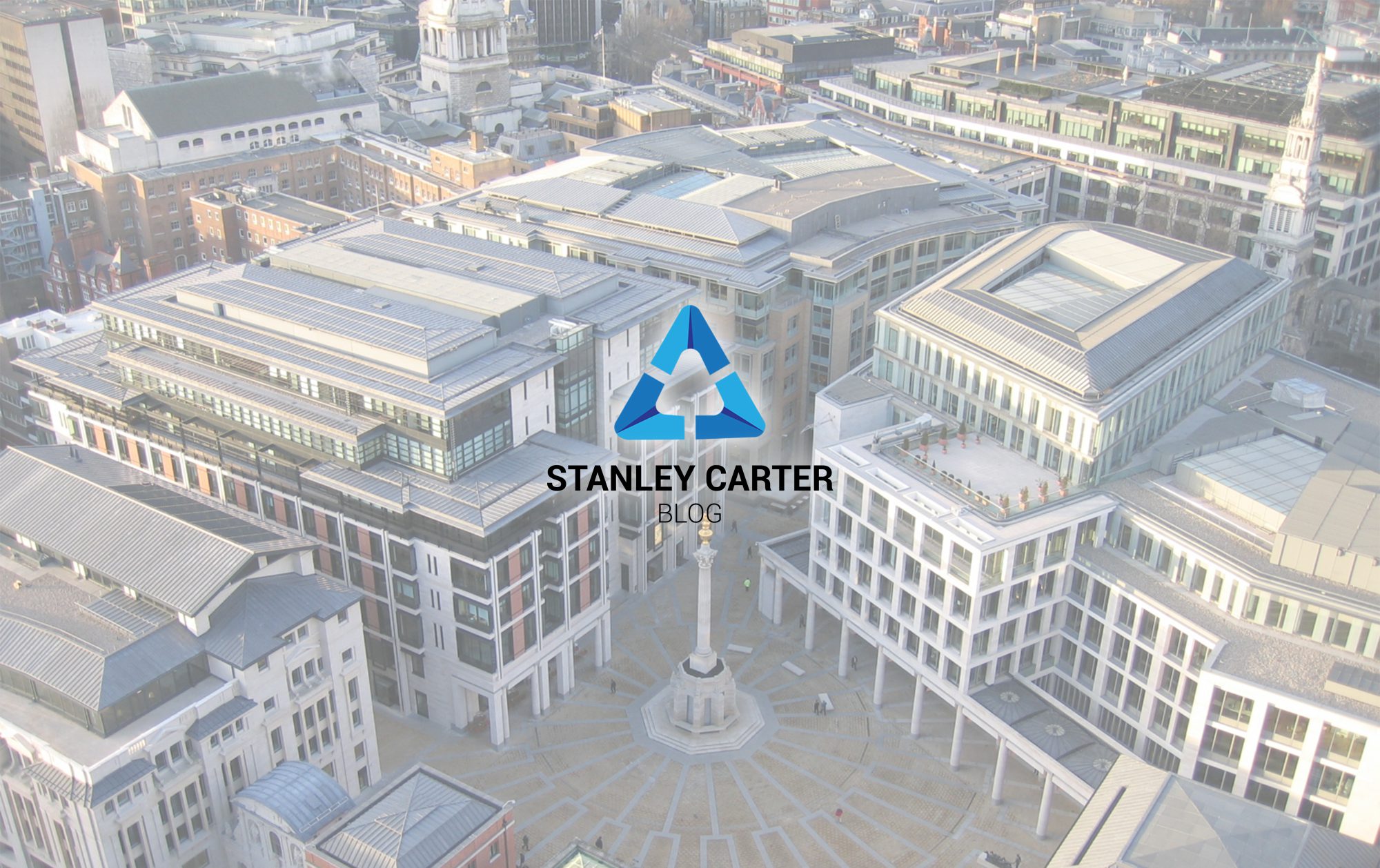Britain’s banks are booking future credit card income long before it materialises, prompting concerns about the accounting practice among regulators, investors and analysts.
Riskier products such as credit cards have become more popular among banks in search of higher returns in recent years. In the first nine months of 2017, cards brought in 1.5 billion pounds in income for Barclays alone.
But how banks account for interest earned on zero percent balance cards, which attract consumers with sometimes long initial interest-free periods, is worrying some. Britain’s Prudential Regulation Authority warned that if banks are wrong about how customers will behave it could hit their capital.
Banks start booking interest income immediately after issuing the card, even though some customers may not pay any for years and could switch banks at the end of the interest-free period, before rates which can be as high as 20 percent kick in.
Barclays, Lloyds Banking Group and Virgin Money have all offered such deals, while Royal Bank of Scotland, one of Britain’s major lenders, does not.
Under international accounting rules, banks predict how much income the card will earn in total, and then spread this out equally over the years they expect it to be active.
Forecasts are based on assumptions the banks set themselves, including how many customers they think will continue to use the cards after the interest-free period ends and for how long.
Interest income can also include upfront fees and interest charged on additional purchases.
Give us a call on 01612056655 or email us on info@stanleycarter.co.uk or check our website for further details www.stanleycarter.co.uk

